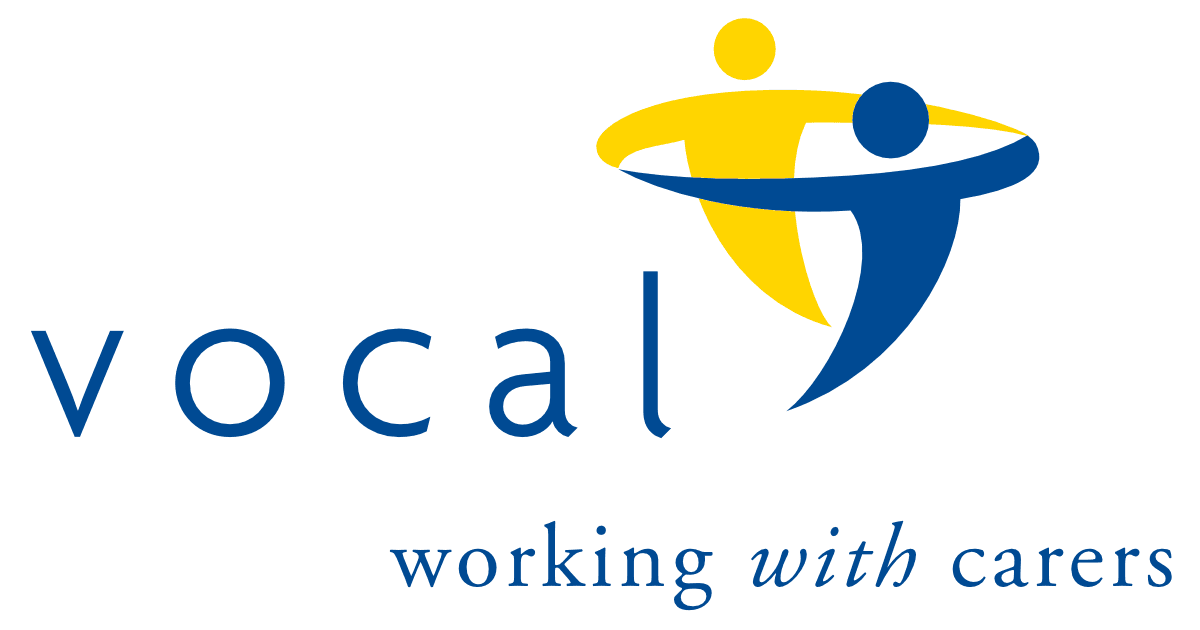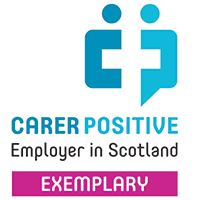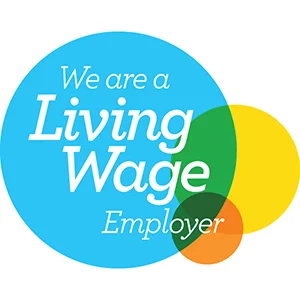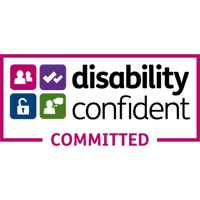It is usually paid to people who are out of work or on a low income. Universal Credit is replacing these benefits, which are being phased out:
- Housing Benefit
- Income-related Employment and Support Allowance (ESA)
- Income-based Jobseeker’s Allowance (JSA)
- Child Tax Credit
- Working Tax Credit
- Income Support
If you receive any of the benefits listed above, you only need to do something if:
- Your circumstances change (such as moving house, having a child, leaving a job, changes in your health condition…) – report these in your Universal Credit account.
- You get a letter called a Migration Notice, telling you that you need to claim UC – make sure you apply before the deadline stated in the letter. The DWP will not automatically move your benefit to UC.
Eligibility
- Your employment status is either:
- Out of work
- Working (including self-employed or part-time)
- Or unable to work (for example, because of a health condition)
- You live in the UK
- You are age 18 or over (some exceptions for 16- and 17-year-olds)
- You are under State Pension Age (this depends on your sex and date of birth)
- You have less than £16,000 in savings or investments
If you live with a partner, you must make a joint claim for UC for your household, even if your partner is not eligible. The amount you get will depend on the income and savings of both of you.
If only one partner has reached State Pension age, you can still claim UC as a couple. Once you both reach State Pension age, you should switch to Pension Credit instead.
You cannot usually get Universal Credit If you are in full-time education, but there are some exceptions, such as if you are disabled. Find out more about applying for UC as a student on the UK Gov website.
Standard monthly amounts
| Circumstances | Standard amount |
|---|---|
| Single and under age 25 | £316.98 |
| Single and over age 25 | £400.14 |
| Living with a partner and both under age 25 | £497.55 |
| Living with a partner and one or both over age 25 | £628.10 |
Carer’s element
You can get some extra money on top of these standard UC amounts if you care for someone for at least 35 hours a week.
This is known as Carer’s element. It’s part of your UC claim and you don’t need to apply separately.
To be eligible for Carer’s Element, the person you care for must be receiving one of these health or disability related benefits:
- Adult Disability Payment – standard or enhanced award
- Armed Forces Independence Payment
- Attendance Allowance
- Child Disability Payment – middle or highest care award
- Constant Attendance Allowance – full day rate, intermediate rate or exceptional rate with Industrial Injuries Disablement Benefit
- Constant Attendance Allowance – full day rate with a War Disablement Pension
- Disability Living Allowance – middle or highest care rate
- Personal Independence Payment – either rate of the daily living part
Other factors affecting your UC claim
You can receive other additional elements of Universal Credit if:
- You have a disability or health condition
- You have children
- Any of your children is disabled
- You need to pay for childcare or housing costs
Your Universal Credit claim may also be affected by other benefits you receive or money you have in savings. Find out more on the UK Gov website or contact us at VOCAL to organise a benefits check.
Apply or find out more
- Apply on the UK Gov website
- Read more info from Citizens Advice
- Contact the Citizens Advice helpline online or by calling 0800 023 2581 (open Monday to Friday, 8am to 6pm)
- Use the benefits calculator from Edinburgh Council
Contact VOCAL
If you still have any questions about Universal Credit, you can contact our benefits team at VOCAL. We provide one-to-one advice, as well as regular advice surgeries where we offer benefits checks to carers we support.










